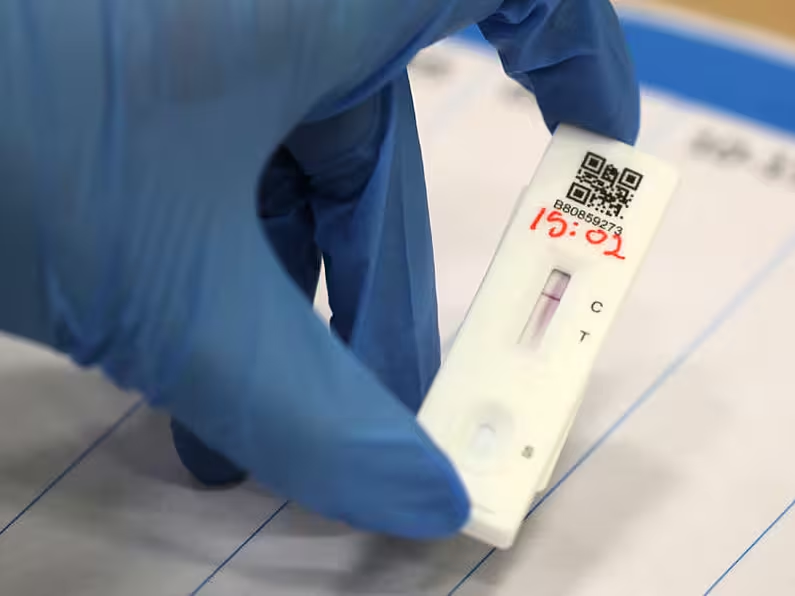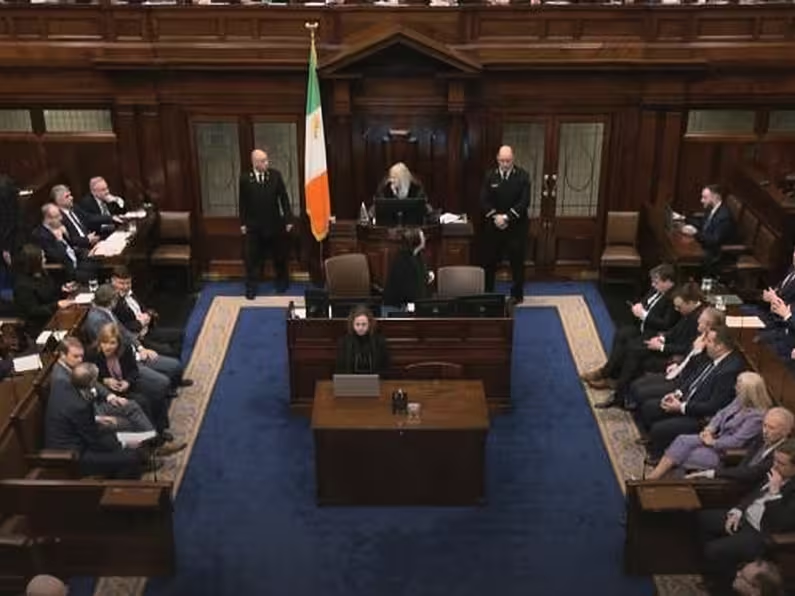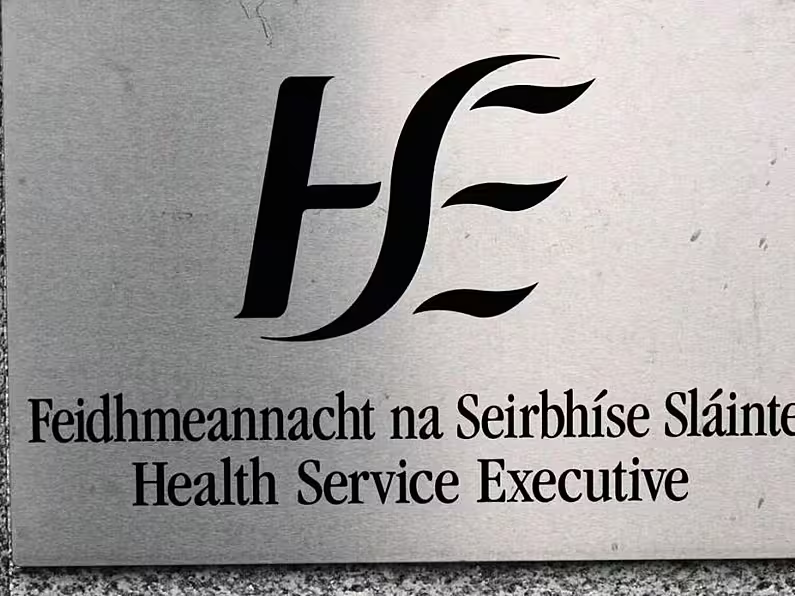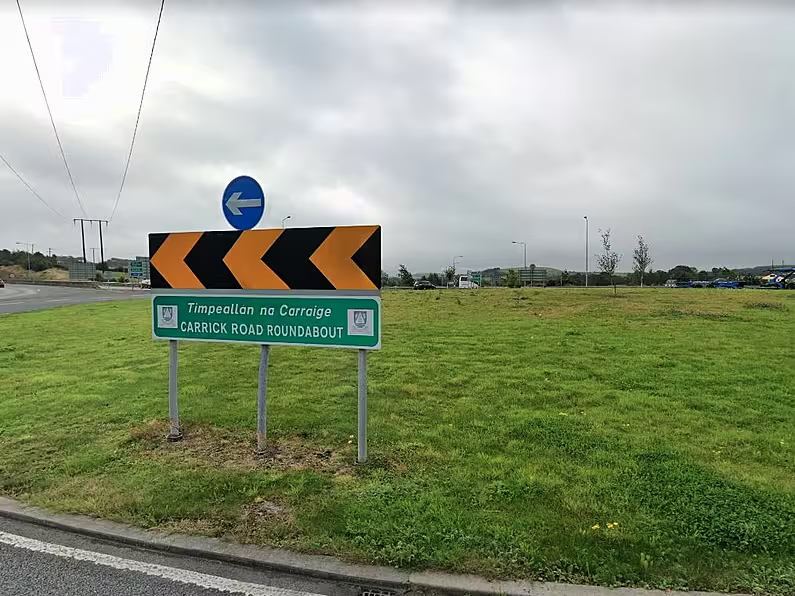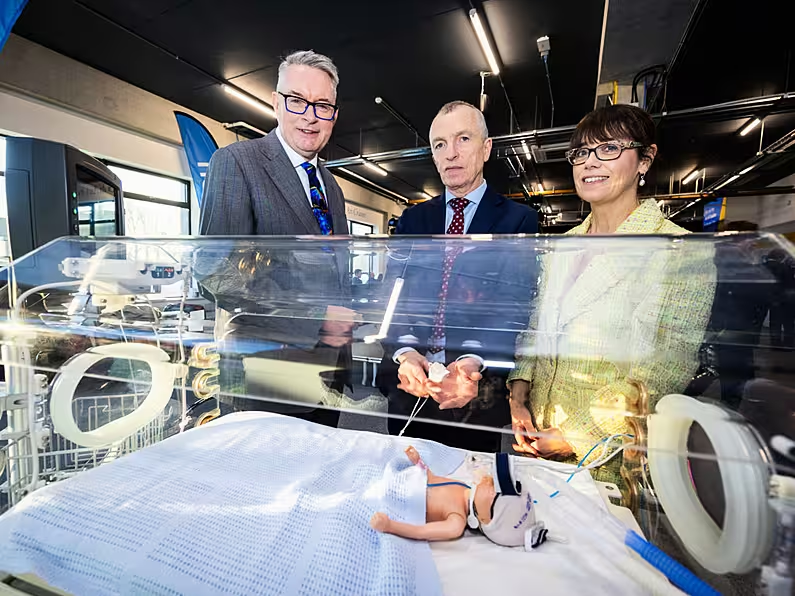James Cox
The rollout of subsidised Covid-19 rapid antigen testing must go along with an information campaign about their use, according to the operations manager of a Covid testing company.
CoviSal, a sister of KD Surgical in Co Tipperary, was one of the first Irish companies to distribute antigen tests, and have sold over 250,000 antigen test kits in Ireland.
Operations manager Martin O'Brien told BreakingNews.ie: "It is a little frustrating that the authorities have been slower to go with what was the research and the science in relation to antigen tests, and what they can offer in the fight against the Covid pandemic, than the rest of the world."
While the National Public Health Emergency Team (Nphet) has been slow to accept antigen testing to the frustration of many, Mr O'Brien said it can only be a positive now that they are on board.
Recent comments from chief medical officer Dr Tony Holohan, and deputy chief medical officer Dr Ronan Glynn, also led to claims that Nphet does not trust the public to use antigen tests correctly.
However, Mr O'Brien said their message is correct and that information about how to use antigen tests, particularly about not taking them with Covid symptoms, must be spread to the public.
"They’ve [Nphet] been slow to go with it but now that they have made their decision to embrace rapid antigen testing with all its strengths and weaknesses that we know about, we’re delighted that they have done.
"The chief medical officer and Nphet were slow to accept the science and accept the benefit of rapid antigen tests but now that they have, we would actually agree with what the CMO has been saying in the past week and a half in that the proper use of rapid antigen tests is the way forward."
'Fearful'
He said the slow pace of accepting antigen testing in the State has made some people "fearful" of rapid testing.
"The authorities’ reluctance over the past 12 months has made people initially very fearful of rapid antigen tests.
"Companies like us were saying ‘this is what rapid antigen tests can do, only use them if you have no symptoms as a screening tool, they can be very helpful’. When the authorities weren’t embracing it, it made people a bit concerned, thinking ‘Is it right? Is it wrong?’
"By doing that they have made people probably a little fearful of them, and we’re behind in relation to educating people on their best use and how they’re used, so we would agree with the CMO now that they’ve decided to go with it, that education is hugely important, and we’d be saying as one of the suppliers on the Irish market, we’d like to help the HSE and the relevant authorities to disseminate what is the proper use of a rapid antigen test.
"That’s our position... a little frustration, but we’re glad they have moved on it, and we agree with the CMO in relation to education being the way forward. We’d like to be part of that process."
Many businesses have used CoviSal to regularly test their workforce, and Mr O'Brien said this points to how antigen tests can be used in social settings, particularly over the busy Christmas period.
"The Covid virus is in the system for about 14 days, in those first three days a person may not be infectious, but they still have the virus. On average, people don’t show symptoms for five or six days, so people can be with the virus and inadvertently spreading the virus without showing systems so if you can have regular screening with antigen tests in whatever scenario you’re talking about, with people engaging with others, if you’re regularly screening with antigen it will pick up a huge amount of Covid cases where people are not showing symptoms but inadvertently infecting others.
"That’s what the key is and that’s the real benefit of the antigen tests is this regular screening or testing with antigen tests; at home, in the work place, attending any sort of social function or engagement. If you do that when you’re not showing symptoms it will weed out a huge amount of infectious people from engaging in social activity and that’s where the virus is passing on hugely at the moment.
We’d say to the public, have a box of rapid antigen tests in your home.
"Last Christmas before we reopened, at that point if there had of been a really strong programme of screening before we socialised and if the public were at the place they’re at now with people screening and testing themselves, you wouldn’t have stopped the increase in Covid at the time, but you could have managed the huge spike that occurred in January."
He added: "We’d say to the public, have a box of rapid antigen tests in your home. It’s really important this Christmas when you’re going to visit somebody or someone is coming to visit your house that you offer people the opportunity, and it will pick up people who are positive but not symptomatic yet and stop them from engaging."
Tánaiste Leo Varadkar recently said the aim would be for antigen tests to be available from €2-3 when the Government finalises its plan for a subsidy package.
Mr O'Brien welcomed Government subsidies for antigen testing, however, he said proper information should be made available with subsidised antigen tests, which, he said, had not happened in the UK.
He also encouraged the Government to engage with stakeholders like CoviSal and relevant pharmacies to offer advice on antigen tests.
"We would suggest the Government’s plan to subsidise rapid antigen tests is a good idea, but we believe that education first of all is crucial. Don’t make the mistake that was perhaps made in England where they were thrown around free and in a lot of cases there wasn’t a huge amount of eduction around them.
"Follow the CMO's advice, get the educational information out there, subsidise the tests and be sure that everybody who is supplying subsidised tests is in a position to give proper advice. We have been lobbying members of the Government in the past couple of weeks to say that not only pharmacists but online retailers like ourselves who are HPRA registered and are in a position to engage with potential users of rapid antigen tests, we can use our website and social media platforms to disseminate the proper use of rapid antigen tests."
Cheaper
"Subsidising is a really good idea, but they must be made available by people who are in a position to offer the best advice and get the message out on how to use them. They have to be made available at a cheaper price than they have been, and the Government can do that with subsidisation, but we’d argue we can play a big part on that as an online retailer with over 12 months of distributing on the Irish market.
"Obviously it’s going to cost the taxpayer money, if the Government are going to spend taxpayer's money, a huge amount of money has been spent in the last 18 months fighting this pandemic. What we’re saying is we believe subsidising rapid antigen tests will be money well spent, but let’s listen to the advice of the CMO, education and to be sure subsidised tests are being made available through channels where it’s best to disseminate the proper use of antigen tests.
"The distribution through schools is brilliant as well, get them into people’s hands but get them into people’s hands in a way that they know how to use them properly and the key message is do not use them if you have symptoms, have a PCR test done if you do."



